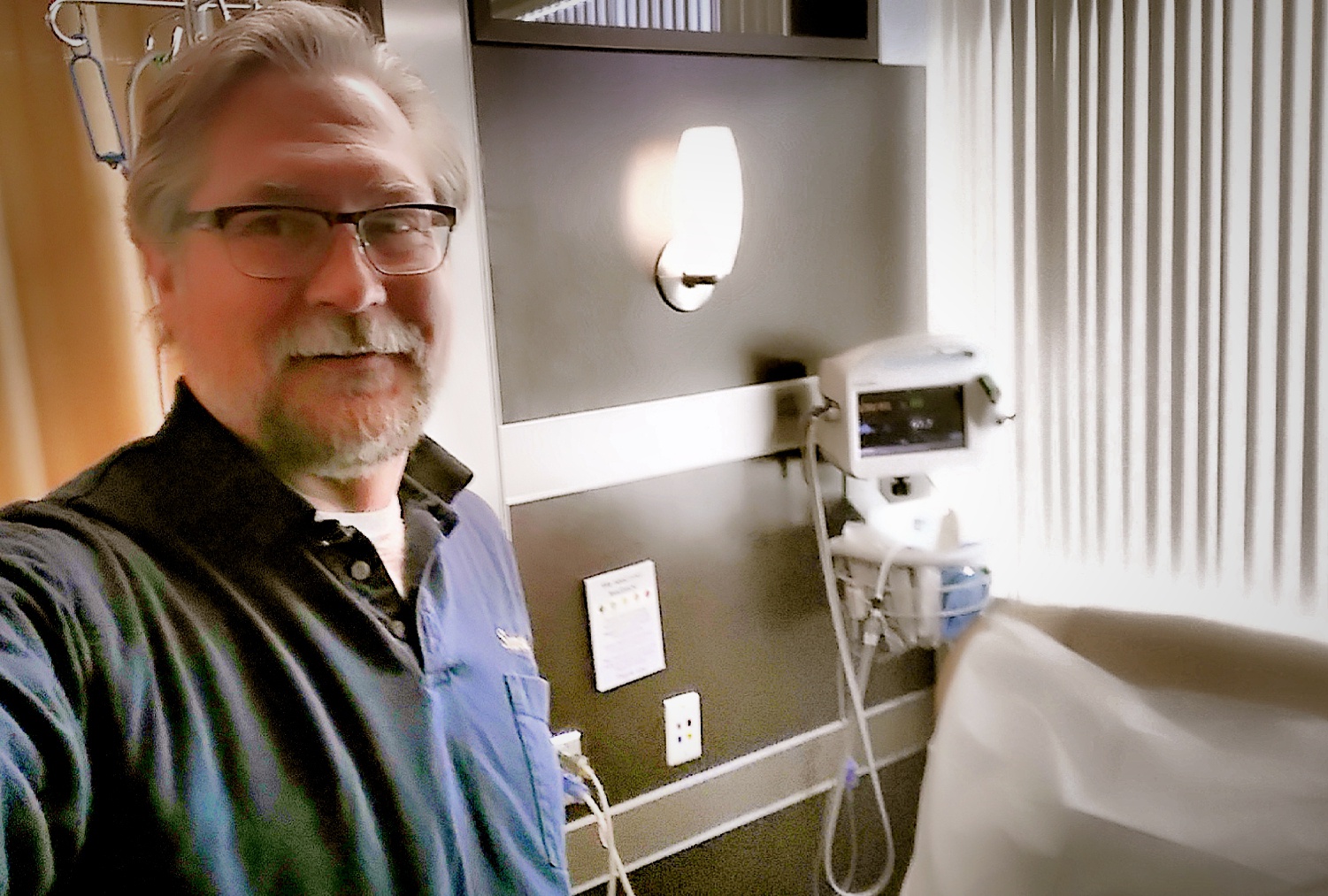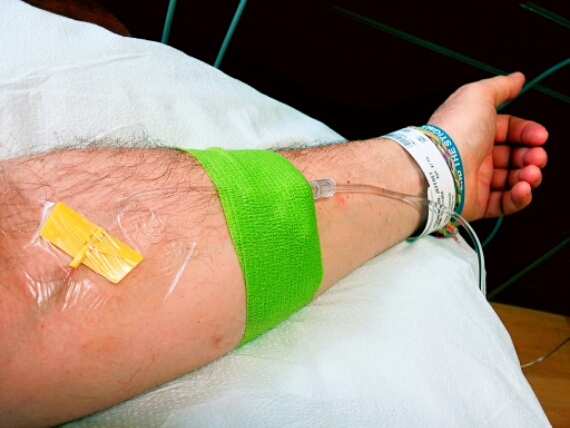I don’t normally write about guns, but soon it will be gun violence awareness day, so it seems appropriate to throw my two cents in. After all, I like shooting guns, and I like talking about the law. Plus, you know, I have a terminal cancer diagnosis, so it just kind of makes sense.
I recently read two similar news stories about a pair of women who were killed mere days apart: one was deliberately shot by a stranger after leaving a rural vacation spot, and another was shot in the back when her toddler found a gun in the car while they were driving. Pure coincidence that both of those happened close together in Wisconsin, a state I used to live just over the border from, and happened within a week of each other with two mothers being shot and killed while driving with their children in the car. Otherwise, one was a presumably intentional (if random) murder by a horrible person, the other a very random (and presumably inadvertent) act by an innocent.
I’d love to say that the random shooting of mothers by their small children was a complete outlier, but it isn’t. Sadly, this sort of thing happens far too frequently, even among responsible gun-owners and pro-gun advocates — even while they are driving. Of course, not all toddlers who come across guns shoot their mothers. Sometimes, and I find this part deeply, deeply sad, they simply shoot themselves because a loaded gun was within reach. (For those of you who did not or could not click that last link, it details four cases where toddlers shot and killed themselves during the same week last month, in addition to five non-fatal accidental shootings by minors.)
And that is a clear example of what is wrong with current gun regulation. Continue reading Guns or Cancer, Which is Better?



